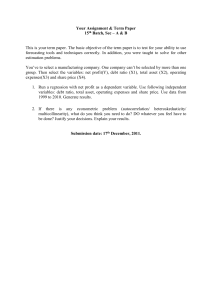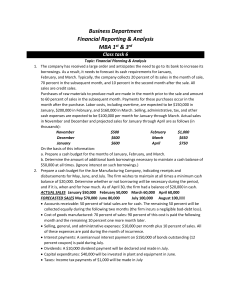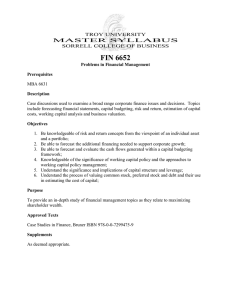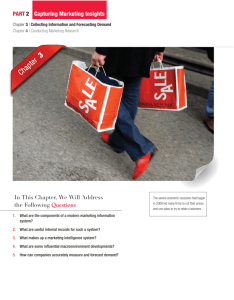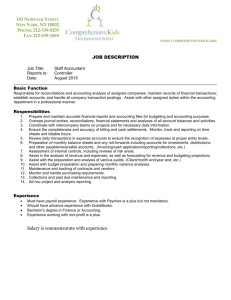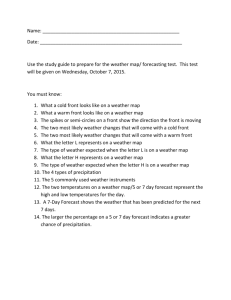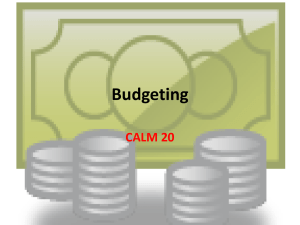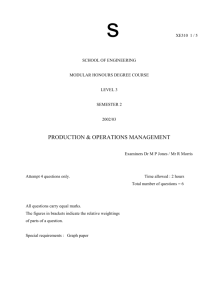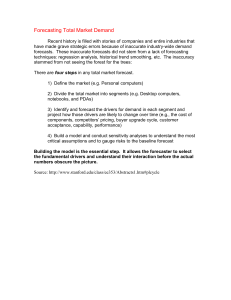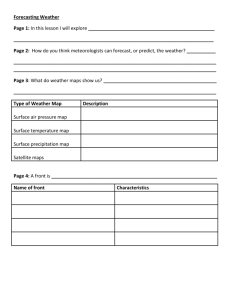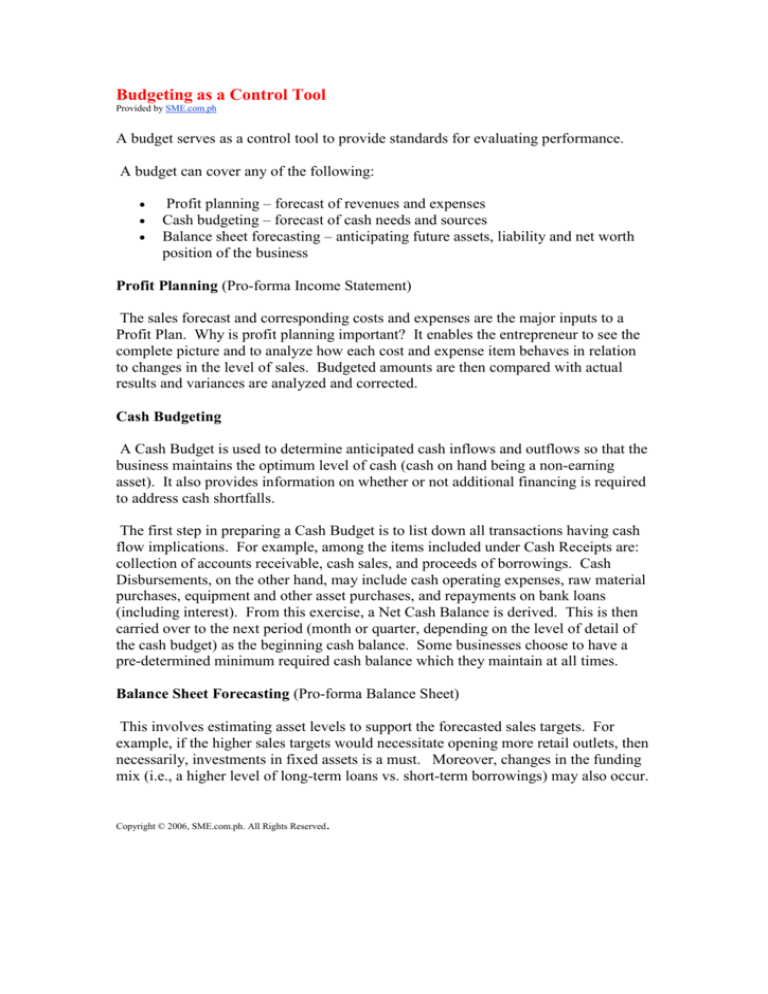
Budgeting as a Control Tool
Provided by SME.com.ph
A budget serves as a control tool to provide standards for evaluating performance.
A budget can cover any of the following:
Profit planning – forecast of revenues and expenses
Cash budgeting – forecast of cash needs and sources
Balance sheet forecasting – anticipating future assets, liability and net worth
position of the business
Profit Planning (Pro-forma Income Statement)
The sales forecast and corresponding costs and expenses are the major inputs to a
Profit Plan. Why is profit planning important? It enables the entrepreneur to see the
complete picture and to analyze how each cost and expense item behaves in relation
to changes in the level of sales. Budgeted amounts are then compared with actual
results and variances are analyzed and corrected.
Cash Budgeting
A Cash Budget is used to determine anticipated cash inflows and outflows so that the
business maintains the optimum level of cash (cash on hand being a non-earning
asset). It also provides information on whether or not additional financing is required
to address cash shortfalls.
The first step in preparing a Cash Budget is to list down all transactions having cash
flow implications. For example, among the items included under Cash Receipts are:
collection of accounts receivable, cash sales, and proceeds of borrowings. Cash
Disbursements, on the other hand, may include cash operating expenses, raw material
purchases, equipment and other asset purchases, and repayments on bank loans
(including interest). From this exercise, a Net Cash Balance is derived. This is then
carried over to the next period (month or quarter, depending on the level of detail of
the cash budget) as the beginning cash balance. Some businesses choose to have a
pre-determined minimum required cash balance which they maintain at all times.
Balance Sheet Forecasting (Pro-forma Balance Sheet)
This involves estimating asset levels to support the forecasted sales targets. For
example, if the higher sales targets would necessitate opening more retail outlets, then
necessarily, investments in fixed assets is a must. Moreover, changes in the funding
mix (i.e., a higher level of long-term loans vs. short-term borrowings) may also occur.
Copyright © 2006, SME.com.ph. All Rights Reserved.

